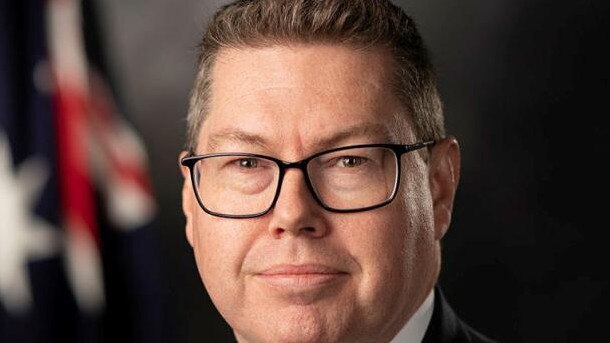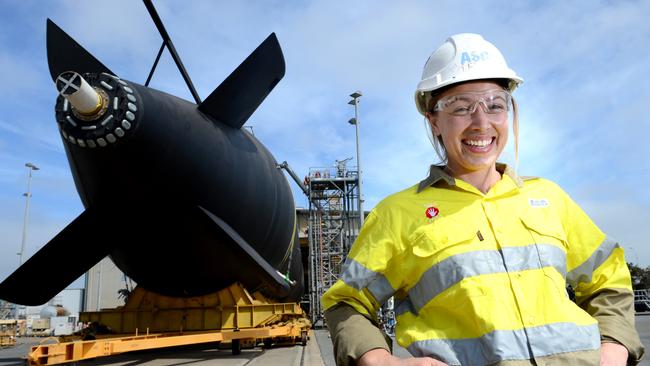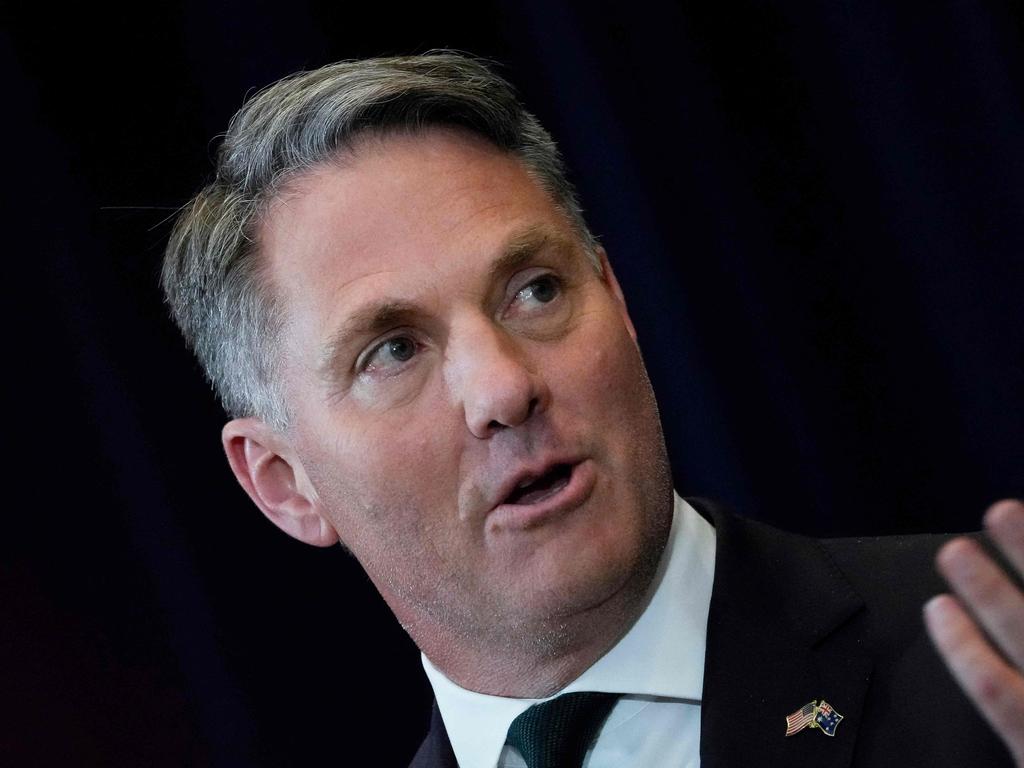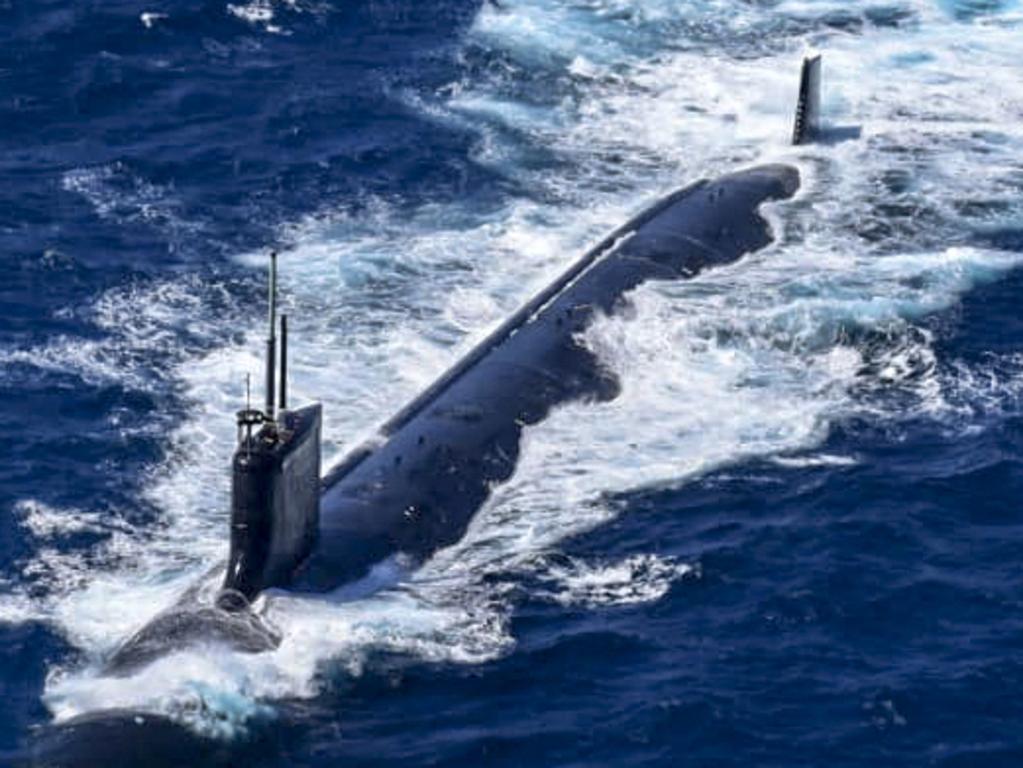Australia cannot rely on immigration for AUKUS submarine challenge
Tens of thousands of Australian workers – some not born yet – will form the core of the nation’s AUKUS submarine workforce.

Tens of thousands of Australian workers – some not born yet – will form the core of the nation’s AUKUS submarine workforce as the Albanese government says the country cannot rely on immigration to meet the nation’s biggest industrial challenge.
Defence Industry Minister Pat Conroy told The Australian the workforce would have to be largely homegrown because of national security considerations, saying the program would offer lucrative 30-year careers to science and engineering graduates and those interested in technical trades.
With just weeks before the government’s announcement of its preferred nuclear submarine option, Mr Conroy revealed plans were under way for a regulatory regime that would require large numbers of skilled personnel, including those with nuclear qualifications.
The Australian Shipbuilding Federation of Unions has questioned where the thousands of workers needed to build the AUKUS submarines will come from, now the government has ruled out building an interim diesel-electric submarine.
Australia’s current submarine manufacturing workforce sits at about 1200, but those workers, at Adelaide-based ASC, are required for Collins-class maintenance and 10-year life-extending upgrades of the navy’s six conventional subs.

The now-cancelled Attack-class submarine was forecast to require a direct workforce of 5000, while the nuclear submarine project is expected to require many more, including tens of thousands in supply chain businesses. Despite the massive uplift that will be required, Mr Conroy rejected suggestions the nation’s shipbuilding workforce was already in a “valley of death” that it would have to overcome to deliver the submarines, and the navy’s $45bn Hunter-class frigates.
“Valley of death implies that there’s no work. There is work,” he said, pointing to the $3.6bn Arafura-class patrol boat program currently under way.
“But I’ve made no secret of the fact that we need to find thousands of workers and get them trained to deliver both the Hunter-class and the future submarines. There’s no argument there. And we need to develop a system to identify and train them.
“That’s a huge challenge, but we’re up for it. And we’re working with the South Australian government and the unions and the employers on (that).” Mr Conroy said the projects would herald a new era of advanced manufacturing for the nation, opening up lifetime career opportunities for talented young Australians.
“They’re going to be working on some of the most advanced technologies in the world. They’re going to be working on them for decades,” he said. “If you started an apprenticeship today, you could get a career of at least 30 years building these things.
“They will be very well paid jobs. And there is going to be a huge white collar workforce as well as blue collar.”
While Australia has for years relied on immigration to overcome domestic skills shortages, Mr Conroy said that would not be an option for the submarine program because of security restrictions on those who would be able to work on them.
Poaching workers from AUKUS partners the US and Britain “doesn’t make sense”, as the alliance was aimed at growing the industrial capability of all three nations. Mr Conroy said the most important early piece of work associated with the submarine project was development of a nuclear safety system. He said the project would examine all aspects of the nation’s nuclear regulatory regime, including how to configure key infrastructure to build, dock and maintain the subs.
Mr Conroy, who recently announced the government would not mandate a level of Australian industry content in the future submarines, said his aim instead would be to develop a sovereign defence industry that was globally competitive, could sustain the nation’s key platforms, and had the core competencies to meet the nation’s strategic needs.








To join the conversation, please log in. Don't have an account? Register
Join the conversation, you are commenting as Logout